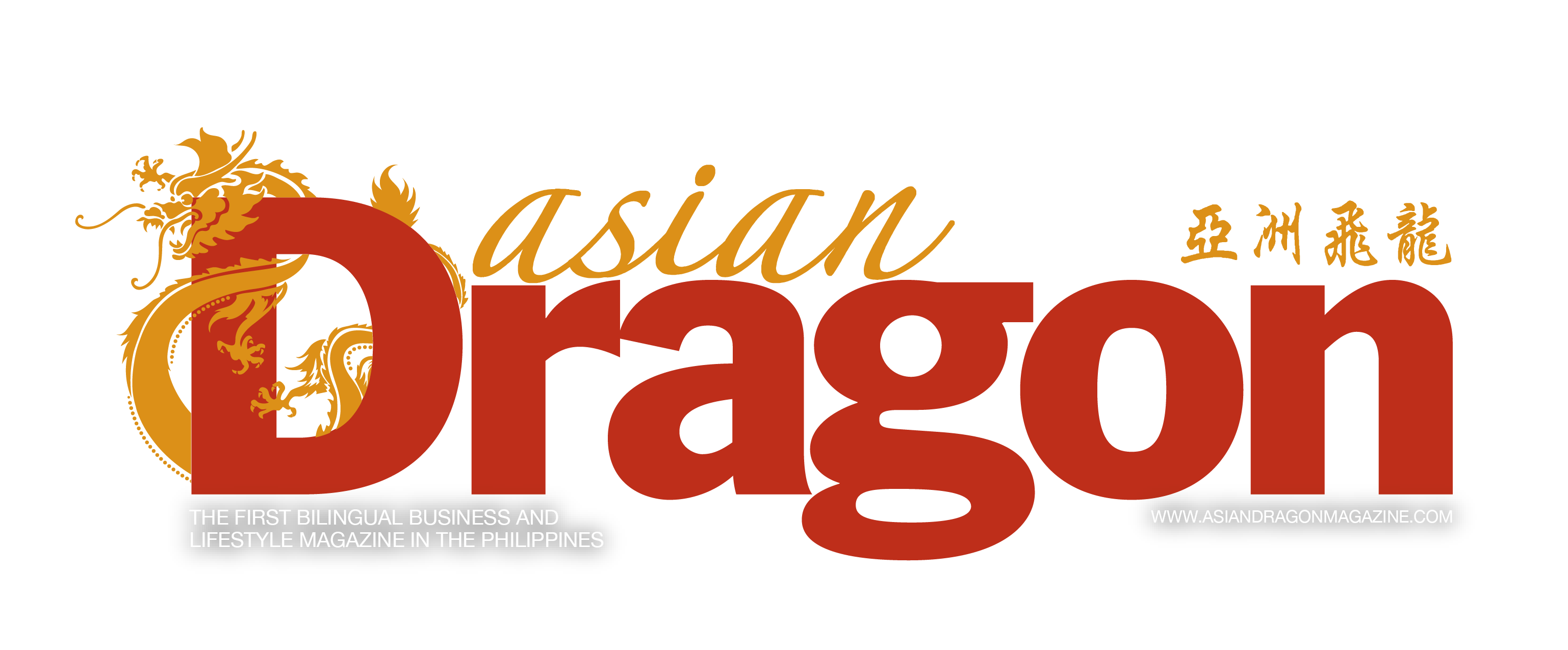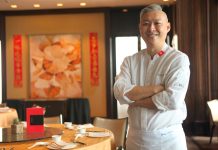Only two months into the job, and already, PNP Chief Ronald ‘Bato’ De La Rosa has charmed Filipinos with his candor and self-deprecating humor. Talk about drugs and crime, though, and you’ll see why there’s no one better for the job of tearing the bad guys down.
Detractors can say all they want about the seemingly anarchic results of President Rodrigo Roa Duterte’s war on drugs, but one thing’s clear: drug pushers and users are dropping, by choice or by force, in droves.
Many attribute this to the “Duterte effect”—a reaction that’s a mix of fear and shame and a desire to be praised or acknowledged by the no-nonsense president, but General Ronald “Bato” De La Rosa, the new Philippine National Police Chief, says it’s probably mostly fear. Between July 1 and July 19, 2016—a mere 19 days in office—103,375 suspected pushers and users have surrendered. Forget the numbers—just the thought of druggies walking into a police station and giving themselves up without a fight is unprecedented.
“For long time, they’ve been doing drugs, and this is the only time they’re surrendering,” he says in Filipino. “Why are they only doing this now? There are so many of them. Because this is the only time they’ve experienced a presidency that’s determined to end this problem. So that’s it. Fear.”
The easygoing police chief, who is arguably more popular than the President (even anti-Duterte folks find him irresistible), acquiesces that there are other ways to stop the drug problem, but so far fear has been the most effective.
“Education is a factor,” he says. “It can affect the demand side of the equation, because the drug problem has two sides—the supply side, and the demand side. It’s economics. If the demand is low, that has an effect on the supply. If you factor in drug education, and awareness in the community, you can expect that the demand will decrease. The more people are educated—especially among the youth, the adventurous sector of society, who succumb to peer pressure—the more they can say no to drugs.”
While De La Rosa agrees that drug addiction is a disease that can be cured, he explains that, from his point of view, “Drug addiction is a business. It always has been. I’m looking at it from the economic point of view. A lot of people are getting rich because of this problem.” And that is something he cannot abide by—allowing the big bad guys to get away while lives are destroyed because of greed.
Ever since he was little, De La Rosa dreamed of becoming a soldier. “I liked to see people in fatigues. Sundalo na astig (soldiers looking tough). I’d get inspired. Nobody influenced me to become one. I was naturally drawn to it,” he says in a mixture of Filipino and English, in the Visayan accent that charms masses and elite alike.
He knew he wanted to serve his country very early on, as soon as he could be a Cub Scout. “It just came into my consciousness. I wanted so much to be a Cub Scout and Boy Scout. But I couldn’t join because my mother had no money to buy the uniform. Even then, I could feel my patriotism. Talagang feel ko sa puso ko (I could feel it in my heart) that I was ready to die for this country, and offer my life for my country,” De La Rosa says.
After his elementary and high school years in Sta. Cruz, Davao del Sur, De La Rosa attended Mindanao State University-Marawi on a full scholarship.
At that time, Marawi was a hotbed of communist insurgency. “It was hard being poor. I took the scholarship, even if living in Marawi City was very dangerous because of the problems caused by the Moro National Liberation Front (MNLF). There were a lot of kidnappings and killings, but it was free education, so I had to bite the bullet.”
There, De La Rosa earned money on the side by becoming a member of the Darangan Cultural Troop. “We danced to ethnic music, sang ethnic songs. By being a member of that cultural group, you received additional allowance of P50 a month. During our time, P50 was a lot already. That augmented my allowance. So when I would come home for breaks, I’d have money to buy my siblings and parents gifts.”
De La Rosa then attended the Philippine Military Academy, where, ironically, he attracted the attention of the New People’s Army’s recruiters. He says he’s not sure why the NPA had their sights set on him. “Maybe leadership,” he surmises in Filipino. “If they could see that I could be developed as a leader for the Armed Forces, maybe they thought I could be a leader for them.”
PNP Chief Ronald ‘Bato’ De La Rosa and Justice Secretary Vitaliano Aguirre II are the cover of Asian Dragon Magazine’s anniversary August-September 2016 issue. Read PNP Chief Bato’s full story inside the magazine, available in all leading bookstores nationwide or downloadable from the Asian Dragon Magazine App, free on Google Play Store, iTunes, and Amazon.
[Photograph: Patrick Uy]





































